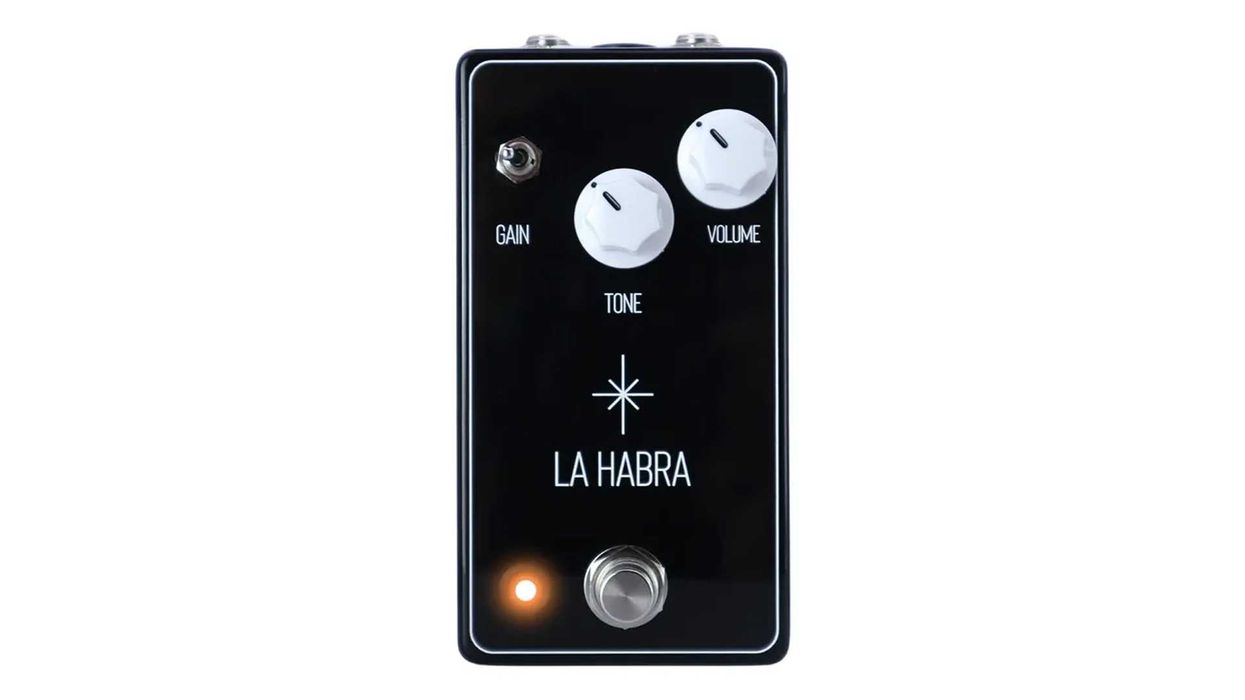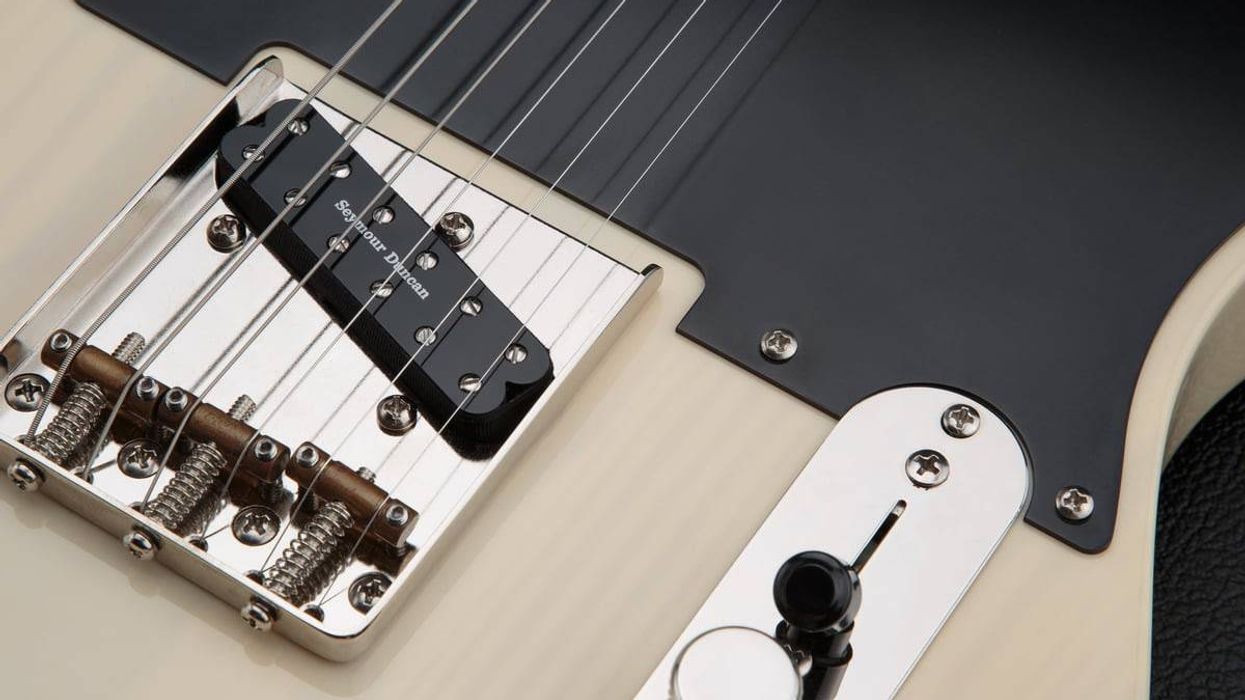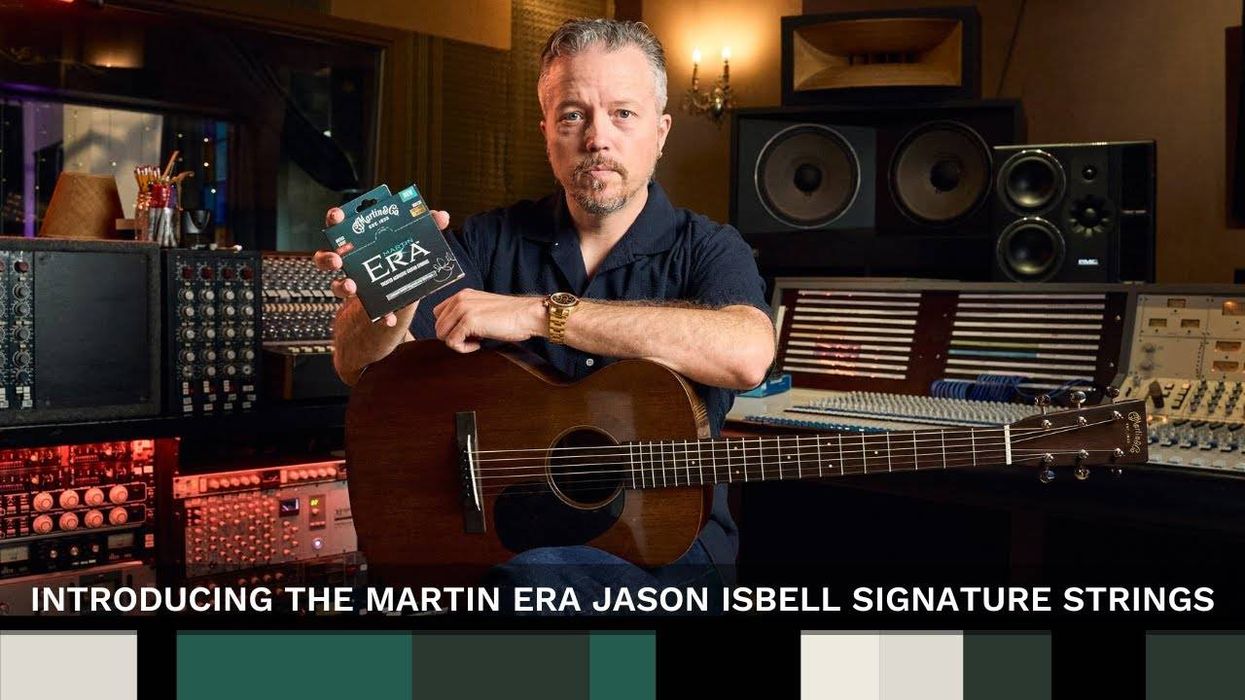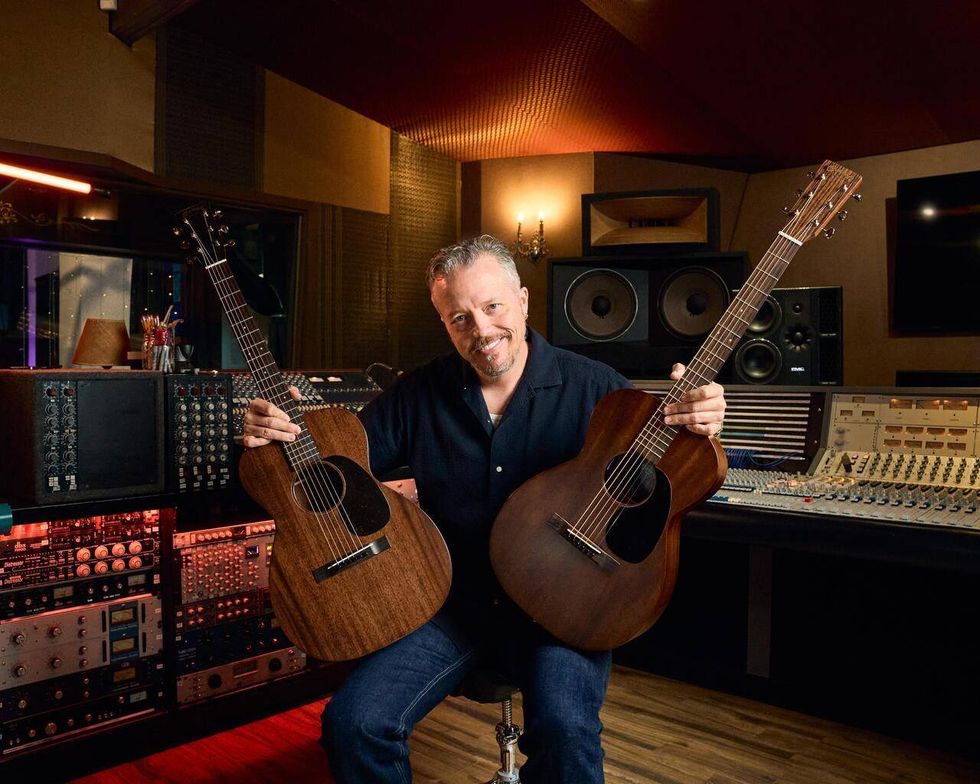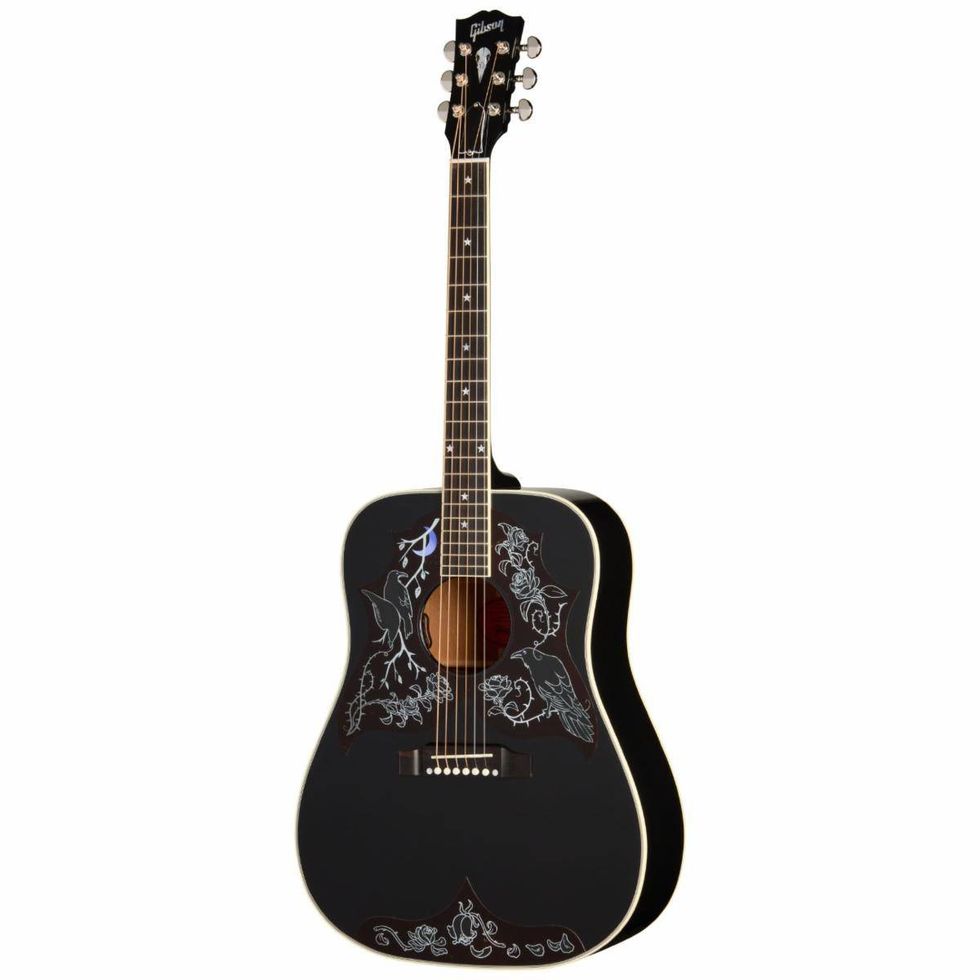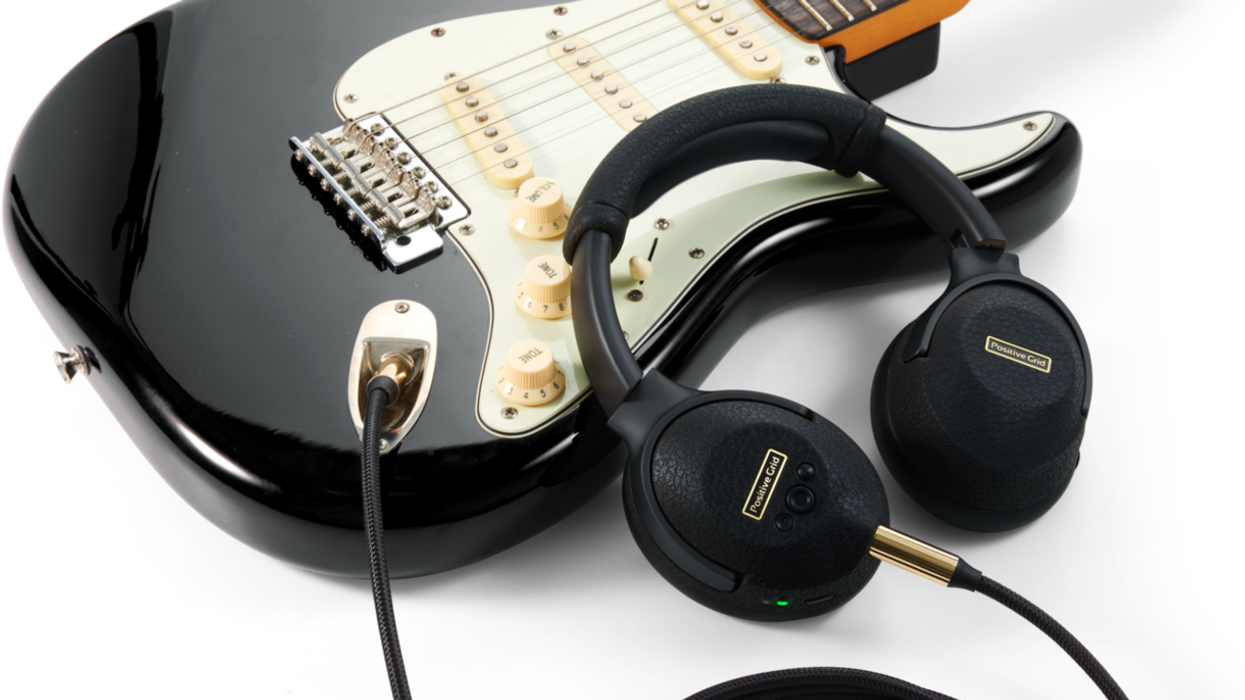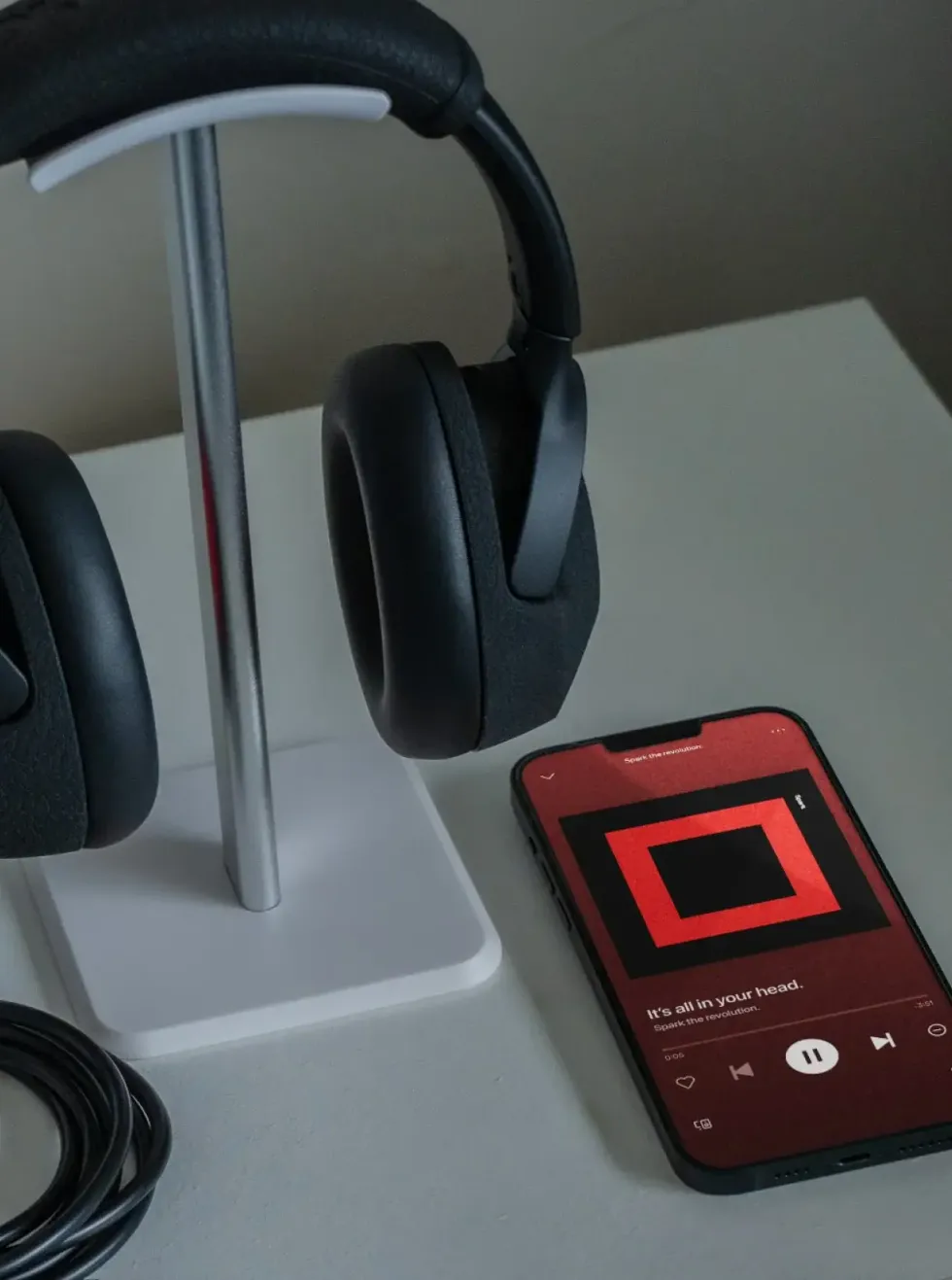The Sapphire Blue transparent satin lacquer finish recreates the look and feel of Cory's beloved original Strat guitar, while the scaled-down alder body – slightly smaller than a typical Stratocaster – combined with a modern "D" neck and sculpted body contours deliver a sublimely comfortable playing experience.
Cory Wong | Fender Signature Sessions | Fender
Exploring The Cory Wong Stratocaster | Artist Signature Series | Fender
The instrument features a set of Seymour Duncan Cory Wong Clean Machine™ pickups that provide classic Strat quack and chime, fine-tuned to achieve his distinctive tone, a maple neck with subtly modified headstock shape, rosewood fingerboard with rolled edges and a compound 10-14" radius, vintage-style 6-screw synchronized Tremolo, deluxe locking tuner, and a Push / Pull pot on Tone 2 that bypasses the 5-way switch and defaults to "Position 4". Also included are a Cory Wong hair tie (for muting the tremolo springs to achieve Cory's rhythm tone), rubber strap lock washer set and custom neck plate.
($1,999.99 USD, £2,249 GBP, €2,499 EUR, $3,699 AUD, ¥319,000 JPY)
Available July 2021.
For more information:
Fender

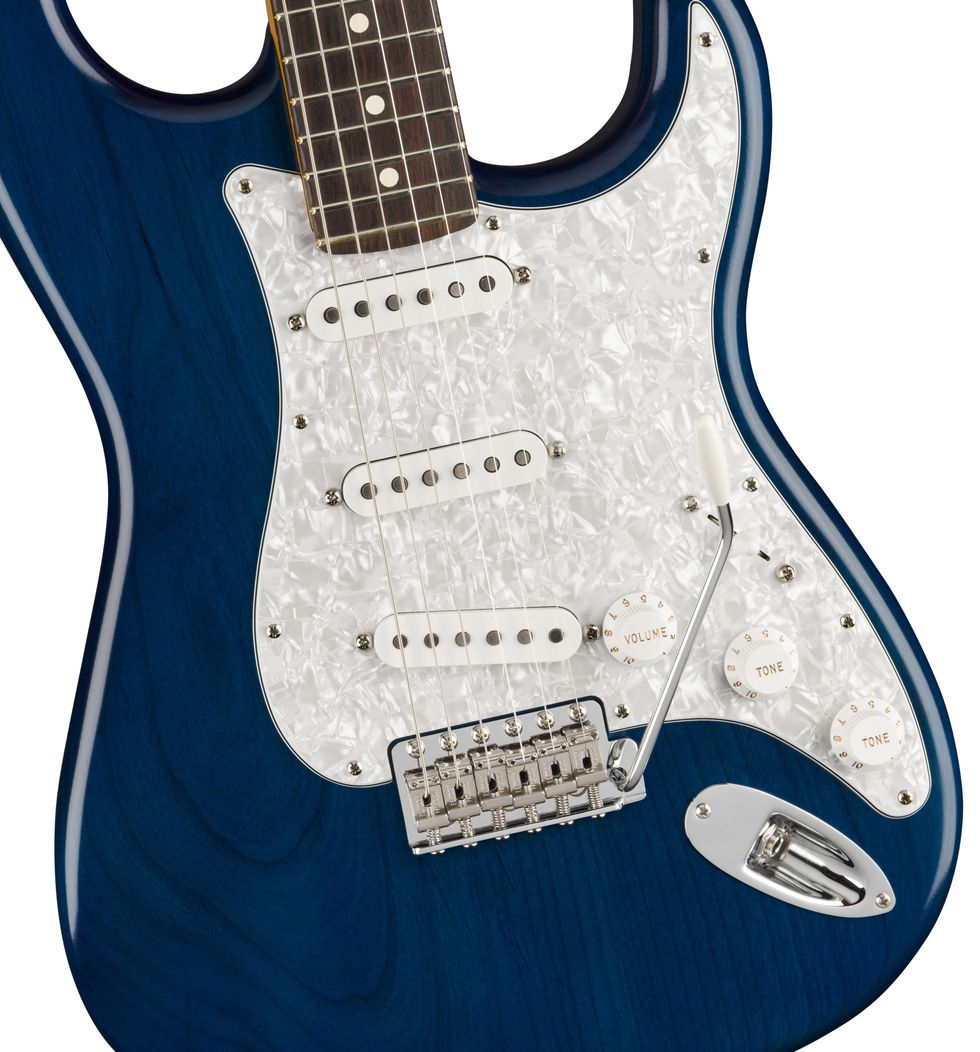


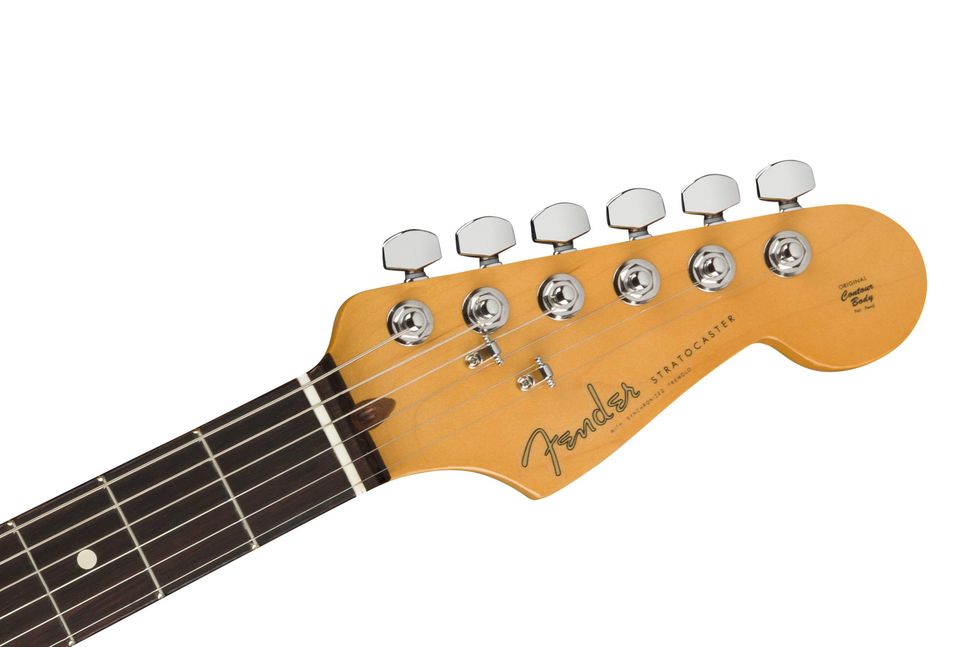

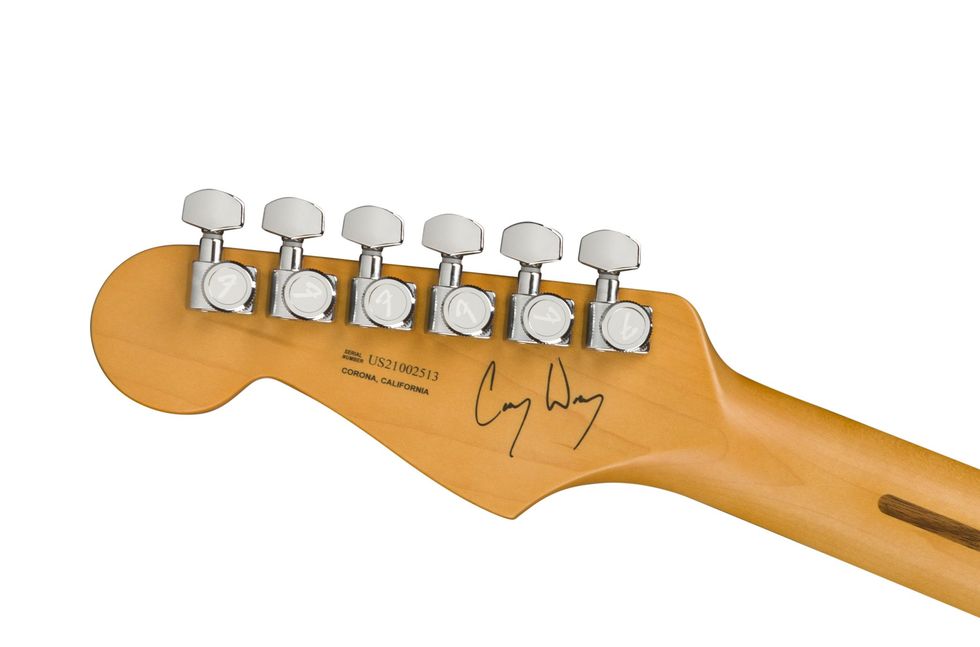
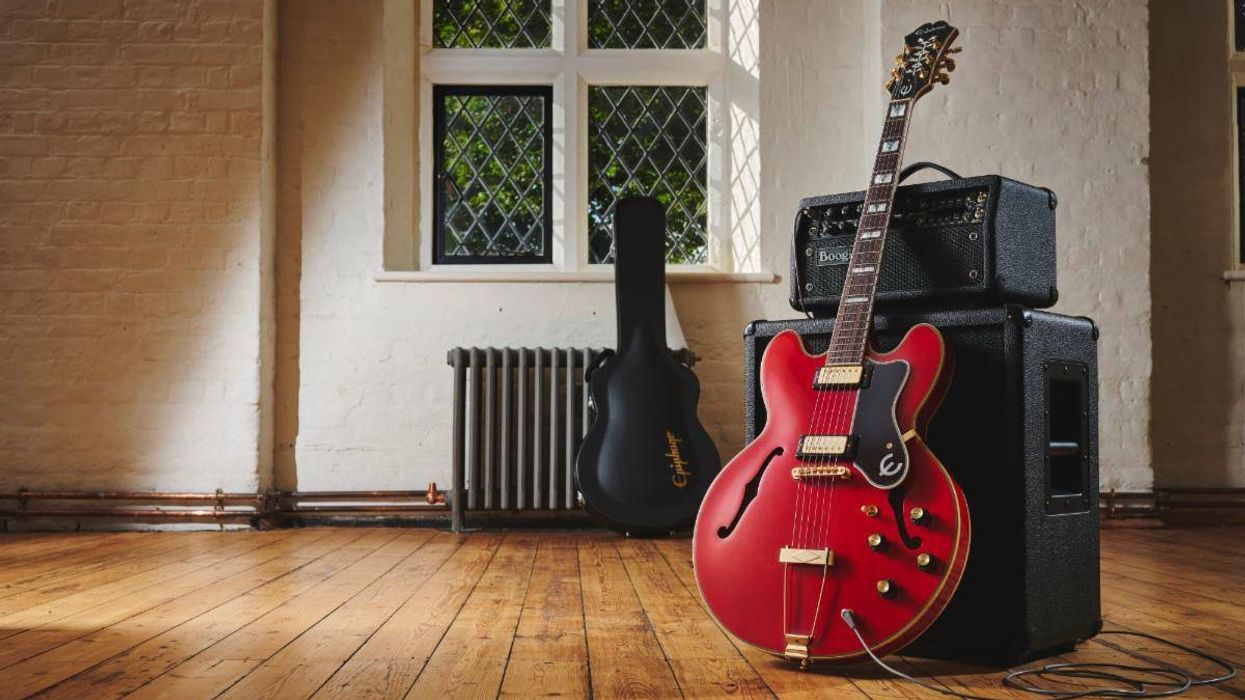

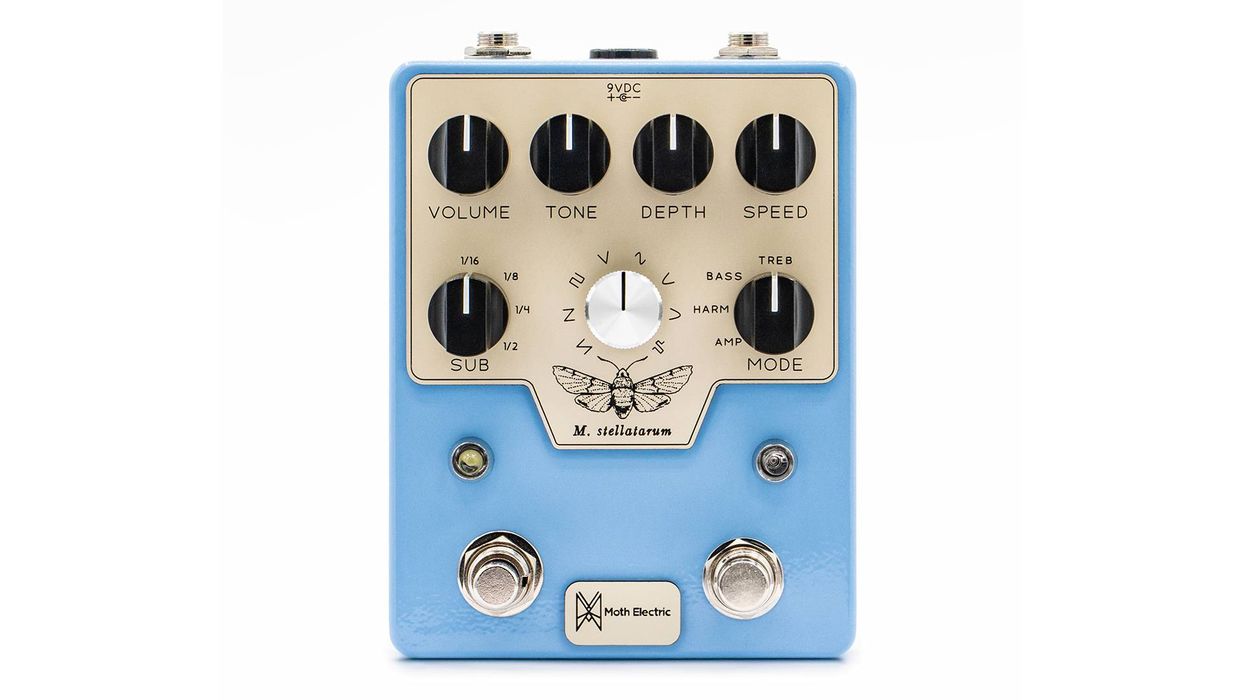
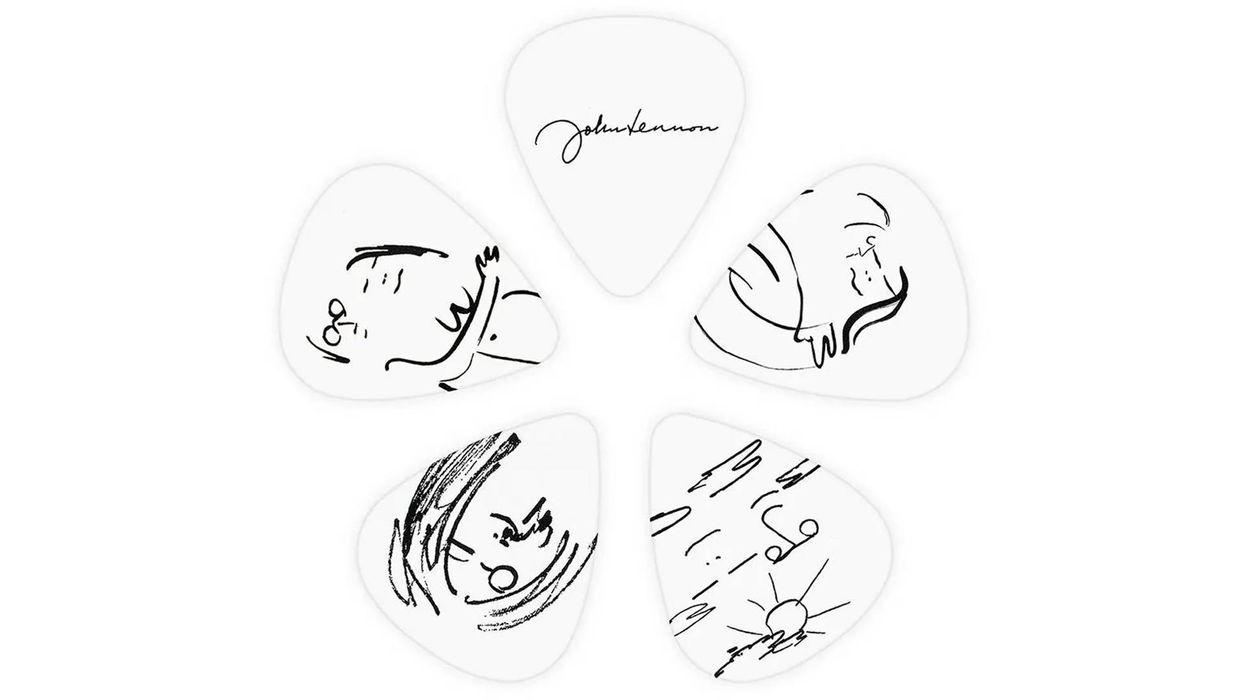
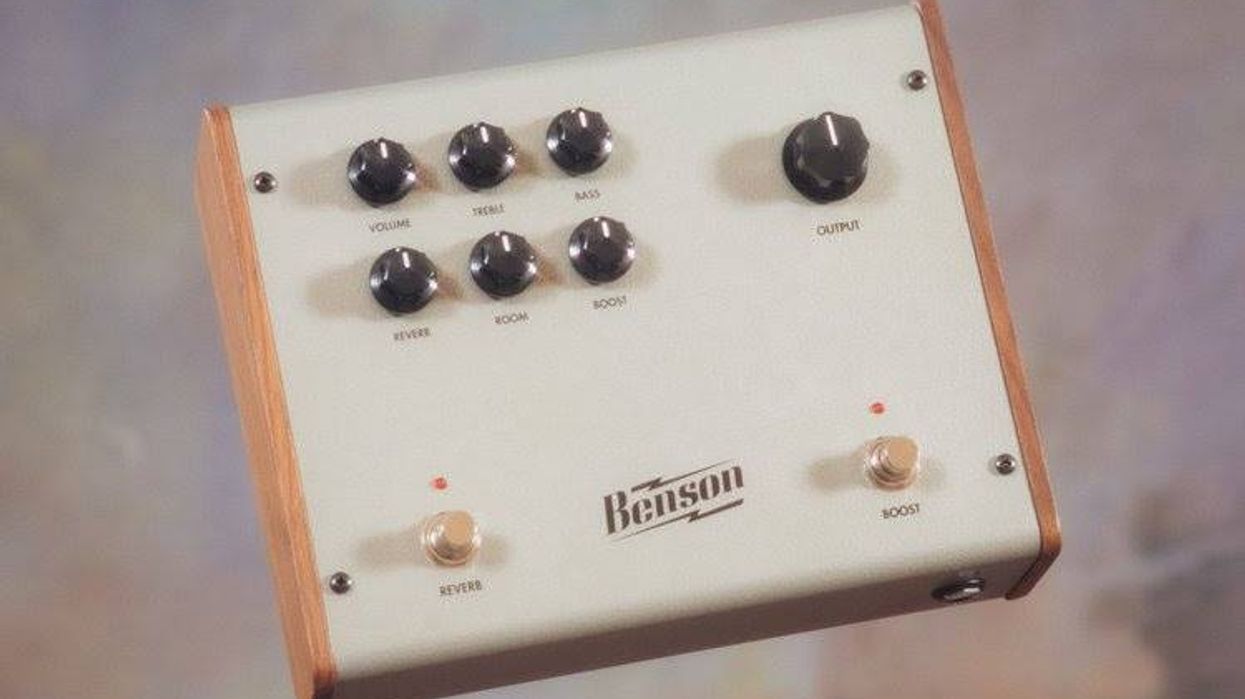
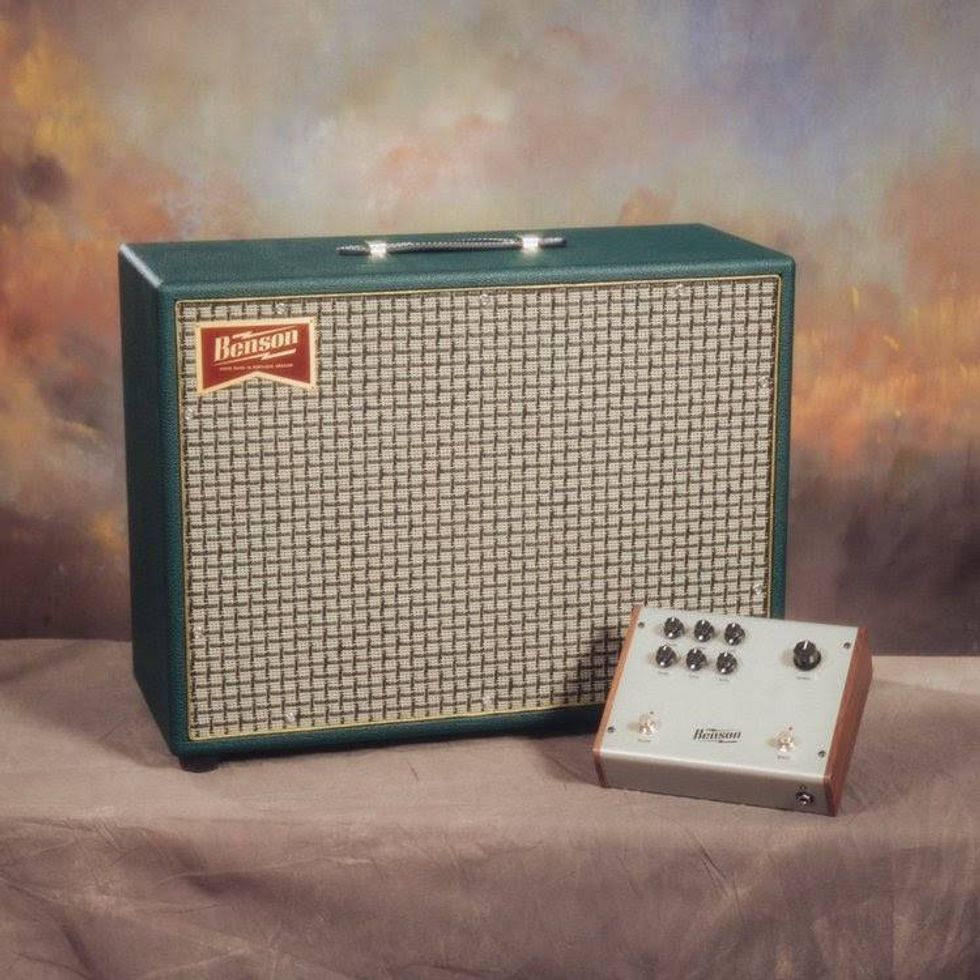
![Devon Eisenbarger [Katy Perry] Rig Rundown](https://www.premierguitar.com/media-library/youtube.jpg?id=61774583&width=1245&height=700&quality=70&coordinates=0%2C0%2C0%2C0)

